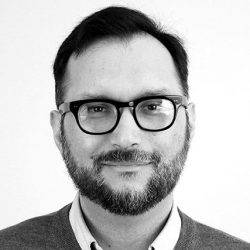Eighty years ago today, the United Universalist Convention began at the Universalist National Memorial Church, Washington, D.C. It’s my home church, so a moment of pride.
The convention was not for the national denominational body (Universalist General Convention) alone, but included the meetings of the ministers association, the women’s association and the Sunday school association. For four days, they worshiped, heard reports, passed resolutions, broke into small groups and saw demonstrations. Given the size of the church, and the polity that sent 214 delegates from state conventions rather than every church, it was a smaller affair than today’s General Assembly. The banquet was, however, held at the Mayflower Hotel, which became famous later for other reasons.
Of the ministers welcomed into fellowship after the communion service, I recognize the names of Brainard Gibbons, later a General Superintendent, and Albert C. Niles, who wrote a biography of George De Benneville. A proposed pension plan never came to fruition. A rule change allowing dual fellowship (with the Unitarians and Congregationalists) passed, but I’ll have to research to see if this was an expansion of an earlier change; the Universalists entered comity talks with both the Unitarians and Congregationalists in the 1920s. Resolutions for co-ops and against gambling reflect their morals.
I don’t have access to the denominational magazines, so it’s hard to gauge the tone. Recall that the Germany had invaded Poland the month before, and Britain had declared war on September 3; a “phony war” to this point. The countries of the Americas had decided on neutrality. Yet the Universalists passed a resolution on conscientious objectors “which provoked considerable discussion but was finally adopted with a few dissenting votes.” I’m guessing the memories of the Great War were too fresh, and the writing (“times of war hysteria”) was on the wall.  I can only imagine what Owen D. Young must have felt: he was the toastmaster for the banquet! The church’s tower was named for him and dedicated to international peace, recognizing the plan he proposed to restructure German war reparations a decade prior. But war was here.
I can only imagine what Owen D. Young must have felt: he was the toastmaster for the banquet! The church’s tower was named for him and dedicated to international peace, recognizing the plan he proposed to restructure German war reparations a decade prior. But war was here.
You can read the official record of the proceedings here.

